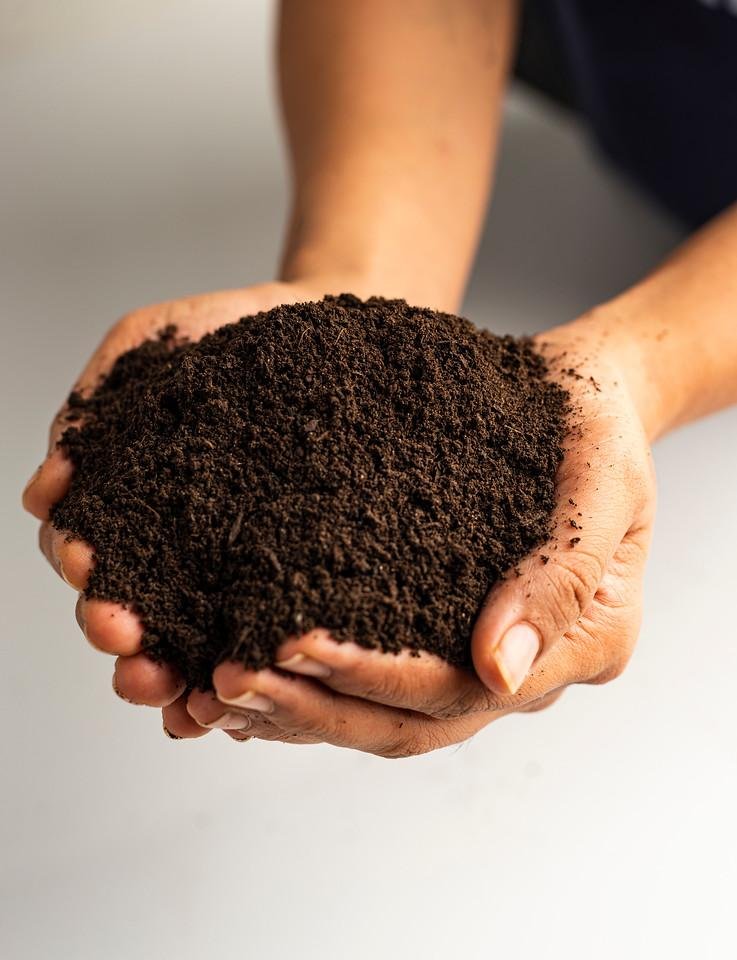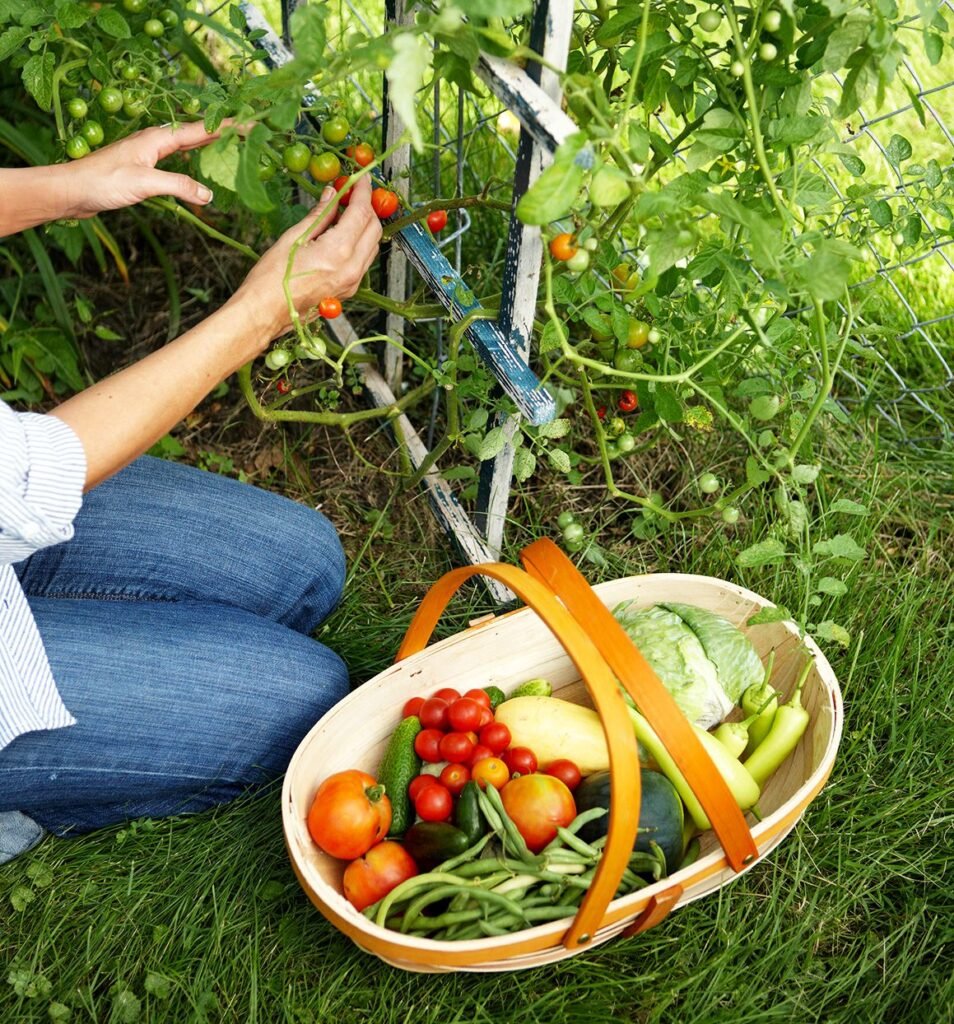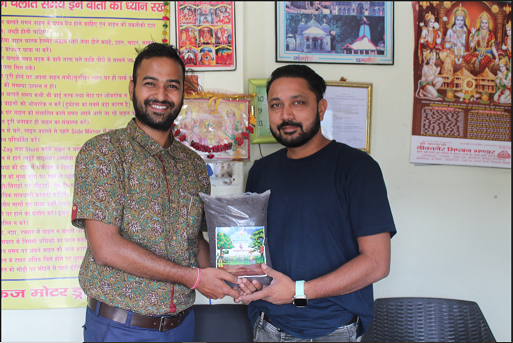Enhance farming with NGP MRIDA Vermicompost—a sustainable solution revolutionizing traditional practices for optimal soil health and increased yields. Join progressive farmers for a greener, more productive future.
NGP MRIDA vermicompost is a natural and sustainable solution for farmers. It enriches the soil, promotes healthy plant growth, and reduces the need for chemical fertilizers.
By using NGP MRIDA vermicompost, farmers contribute to a healthier environment and sustainable agriculture.
Our vermicompost is packed with essential nutrients that nourish plants and improve crop yield.


At NGP MRIDA, we offer a wide range of high-quality vermicompost products that nourish your plants and promote sustainable gardening practices. Shop now and experience the difference!
Boost your plant's growth with our organic vermicompost. 100% natural and chemical-free.
Choose our eco-friendly vermicompost to support a greener future.
Customer Feedback Compilation at NGP Mrida: Insights from our Esteemed Clients



We at NGP Mrida nurture our products with love and care. Various factors like moisture content, nutritional value, porosity, granule size, etc are specifically kept in mind and regularly monitored until they pass all our tests.
Vermicast (also called worm castings, worm humus, worm poop, worm manure, or worm faeces) is the end-product of the breakdown of organic matter by earthworms. These excreta have been shown to contain reduced levels of contaminants and a higher saturation of nutrients than the organic materials before vermicomposting.
Items you cannot compost in a worm bin:
Lemon, lime, orange or other citrus peels and juice (in excess this will make the soil too acidic)
Onions and garlic (a good rule of thumb is if it makes you smell, it makes your worm bin smell)
Meat, fats, grease, bones or oils (no butter), lard, stocks, soups, etc
Vermicomposting or worm composting is a simple technology for converting biodegradable waste into organic manure with the help of earthworms. Earthworms are valued by farmers because, in addition to aerating the soil, they digest organic matter and produce castings that are a valuable source of humus.
Vermicomposting is a good way to compost during winter months when your outdoor compost pile is dormant. Many people let their compost piles go dormant during the winter months rather than continue to work the pile with little or no new yard material available.
It will take your worms 6-8 weeks to produce a noticeable amount of vermicompost. The castings appear as small, dark, clumps that easily break apart. There are several methods for removing the finished compost: Every 3-4 months, stop feeding for a few weeks and rake the compost to one side of the bin.
To become a distributor, kindly complete the form or contact us at: +918218227453 or +918126267447.
Stay up to date with our latest features and releases by joining our newsletter.
By subscribing, you agree to our Privacy Policy and consent to receive updates from our company.
© 2023 NGP MRIDA. All rights reserved.